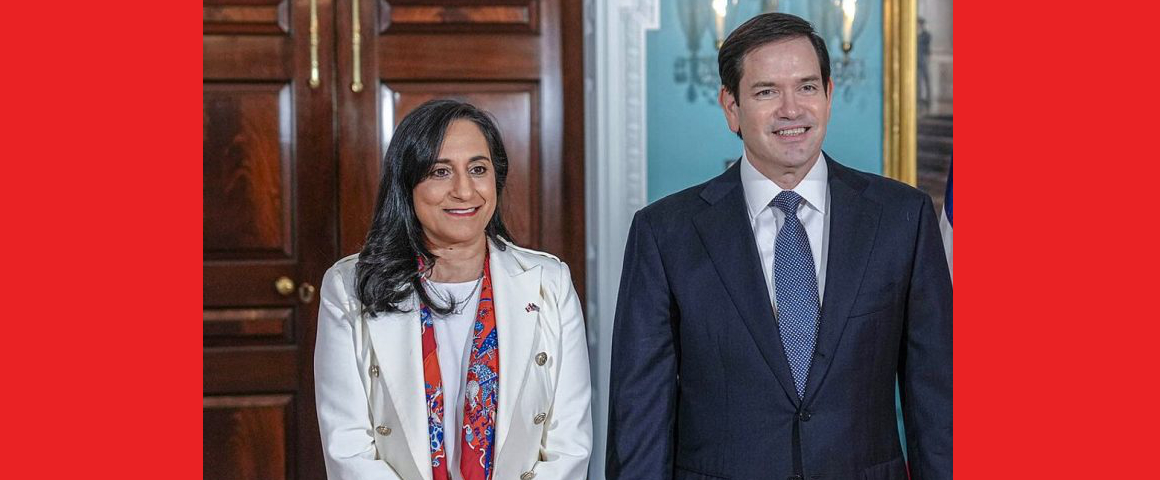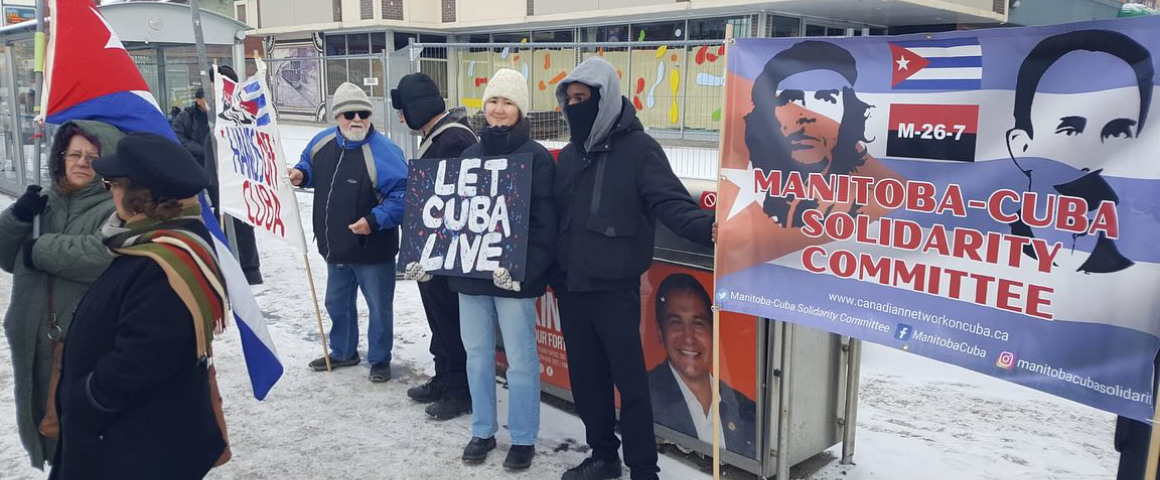Resolution adopted by the Central Committee, Communist Party of Canada, October 14-15, 2016
The signing of the six point general peace agreement between the Revolutionary Armed Forces of Colombia—People’s Army (FARC-EP) and the government of Colombia was an historic step towards ending the longest armed conflict in the American hemisphere. It was the conclusion of four years of exhaustive talks and negotiations facilitated by the Cuban government and assisted by a number of European participants.
Opinion polls showed a convincing 70% of Colombians supported the peace process and intended to vote “Si” in the October 2nd referendum on the agreement. Millions of Colombians and international watchers were therefore shocked by the vote result. The “No” won by a narrow margin, with 50.21 percent to 49.78 percent for the “Yes” vote. The difference was a half of a percentage point against the peace accord. The “No” had 6,431,376 votes to 6,377,482 votes for the “Yes,” a difference of 53,894 votes.
While the plebiscite was largely non-binding, meaning that congressional lawmakers would have the last say on approving or rejecting the deal, the vote was meant to provide a broad democratic legitimacy for the deal.
The FARC-EP had consistently called for a constituent assembly instead of a plebiscite, arguing that an assembly would be much more representative and would guarantee the participation of the most marginalized and affected peoples in Colombia and would go beyond a simple yes or no vote.
The “No” vote was led by former president Alvaro Uribe and big landowners who have run the country with impunity for decades. The fear-mongering campaign launched by these forces, with the support of right-wing media, helped generate a climate of confusion that resulted in low voter turnout among supporters of the agreement. Uribe continues to enjoy popularity amongst the right wing and the extremes within Colombian society, and he spared no expense in spreading lies about the amnesty and land provisions of the accord. His links with paramilitaries also played a role in mobilizing votes against the deal.
The “No” side also benefited from the very low voter turnout – only 13 million of the 35 million eligible voters, less than 40 percent, made it to the polls. Tens of thousands of exiled Colombians globally voted overwhelmingly for Peace so it was difficult to understand the internal low turnout. Many who stayed home assumed the deal approval was a foregone conclusion, and a hurricane on the Atlantic coast inhibited some voters from reaching polls.
Extensive negative media coverage about the FARC, combined with enormous resources spent by the elites within the country, helped bury the peace deal. “No” won because the right wing, led by Uribe, was able to turn a vote that was supposed to be on peace into a vote on the FARC. The geographic breakdown of the referendum indicates that “No” won in areas where Uribe and his political party have their support. Within the urban areas that are relatively untouched by war, the “No” side gained momentum and the majority voted against the agreement. Within the rural areas, which are greatly affected by military intervention and paramilitary activity, Colombians overwhelmingly voted for Peace.
The FARC-EP has committed itself to use only words as weapons for peace. “The struggle for peace continues,” said Timoleon adding with optimism that “there was still hope.” He said he “deeply deplored” the result as a deceiving campaign by the “No,” forces led by the “destructive powers planting the seeds of hatred and resentment among Colombia’s people.” Timoleon concluded that “Whoever wishes peace in Colombia can rely on the FARC-EP. Peace shall win!” Santos confirmed Sunday following the results that the cease-fire remains in effect.
The Communist Party of Canada calls on the Canadian government to:
* Actively support the cease-fire.
* Reject the anti-democratic and anti-peace mobilizations of Alvaro Uribe and the wealthy landowners who led the “No” campaign.
* Encourage the Colombian government to enact the laws needed to accept the negotiated peace accord.
* Provide funds to assist with implementing the peace accord.
* Remove the FARC-EP from the list of so-called “terrorist organizations.”




